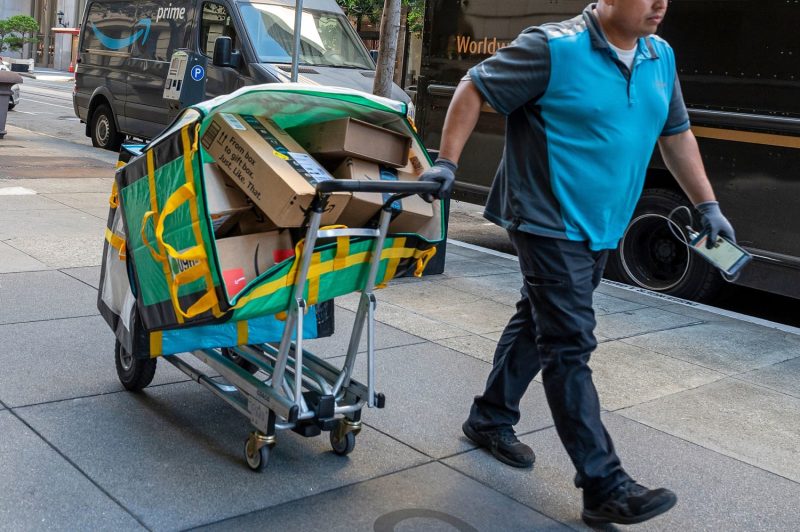
Amazon Faces Lawsuit from D.C. AG for Allegedly Barring Neighborhoods from Prime Delivery
Amazon Sued by D.C. AG for Allegedly Excluding Neighborhoods from Prime Delivery
The lawsuit filed by the Attorney General of Washington D.C. against Amazon has sparked a major debate over the company’s alleged discrimination in delivering Prime services to certain neighborhoods. This legal action comes as a response to concerns raised by many residents in marginalized areas who claim to have been excluded from the benefits of Amazon Prime’s fast and efficient delivery services. The implications of this lawsuit are far-reaching, as they raise important questions about equity, access, and corporate responsibility in the growing world of e-commerce.
One of the key issues at the heart of this controversy is the concept of redlining – a discriminatory practice that denies specific services or benefits based on the racial or economic characteristics of certain neighborhoods. The lawsuit alleges that Amazon, intentionally or not, engaged in a form of digital redlining by excluding predominantly Black and Latino neighborhoods from its Prime delivery zones. This practice, if proven to be true, would not only be ethically problematic but could also violate anti-discrimination laws and regulations.
The Attorney General’s office claims to have conducted a comprehensive investigation that revealed significant disparities in the availability of Amazon Prime services across different neighborhoods in Washington D.C. It is alleged that neighborhoods with higher percentages of Black and Latino residents were less likely to have access to the same range of delivery options as more affluent and predominantly white areas. The lack of equal access to Prime services could have serious consequences for residents in terms of convenience, affordability, and overall quality of life.
In response to these accusations, Amazon has denied any wrongdoing and stated that its delivery zones are determined by a variety of factors, including population density, order volume, and logistical considerations. The company insists that its goal is to provide reliable and efficient services to as many customers as possible, regardless of their location or demographic characteristics. However, the evidence presented by the Attorney General suggests that there may have been a systematic pattern of exclusion that disproportionately affected marginalized communities.
The outcome of this lawsuit could have broader implications for the tech industry as a whole, as it highlights the need for greater scrutiny and accountability in how companies like Amazon operate in diverse urban environments. The case also sheds light on the importance of transparency, fairness, and inclusivity in the design and implementation of new technologies and services. In an era where digital platforms have become essential tools for everyday life, ensuring equal access and non-discriminatory practices is crucial for promoting social justice and economic equity.
As the legal battle between Amazon and the D.C. Attorney General unfolds, it will be important to closely monitor the developments and outcomes of this case. The resolution of this lawsuit could set a precedent for how e-commerce giants are held accountable for their impact on communities and individuals. Ultimately, the goal should be to create a more equitable and just society where everyone has equal opportunities to benefit from the advantages of technology and innovation, regardless of their background or zip code.
